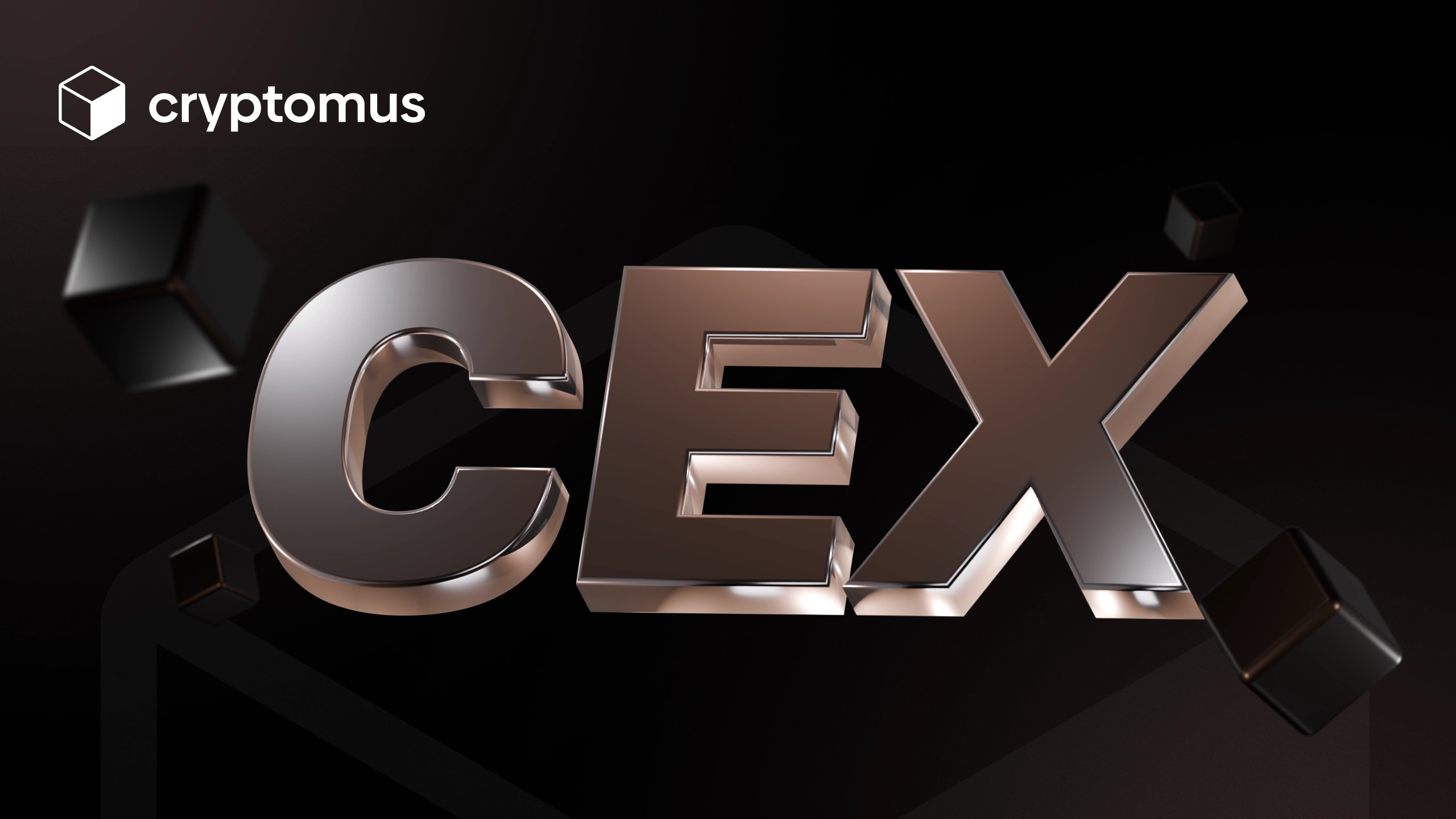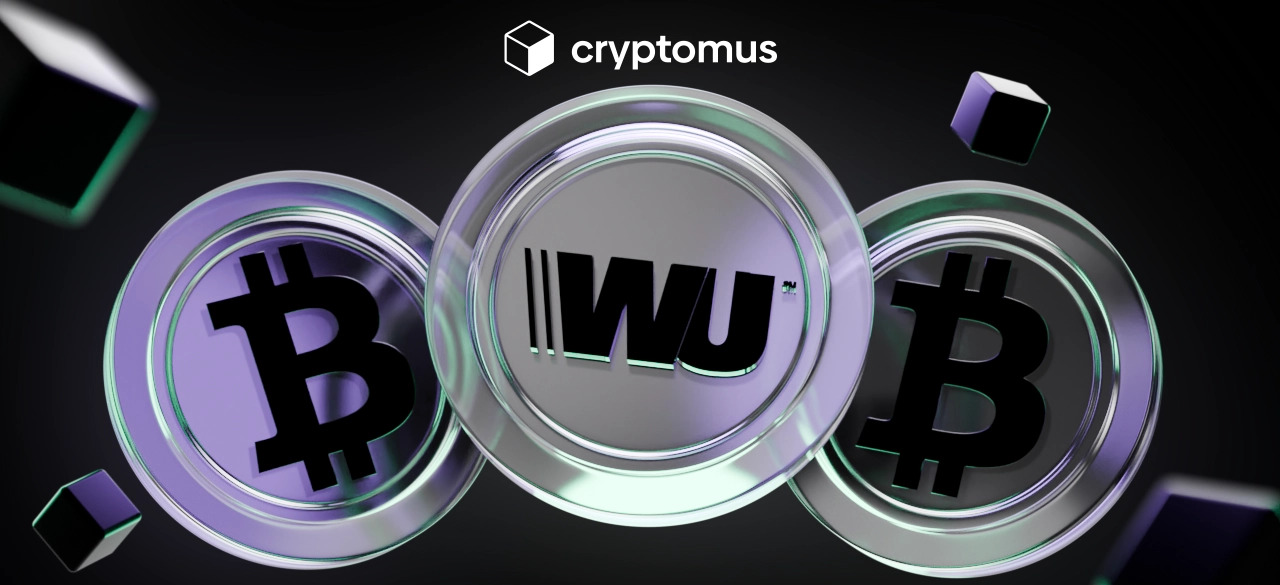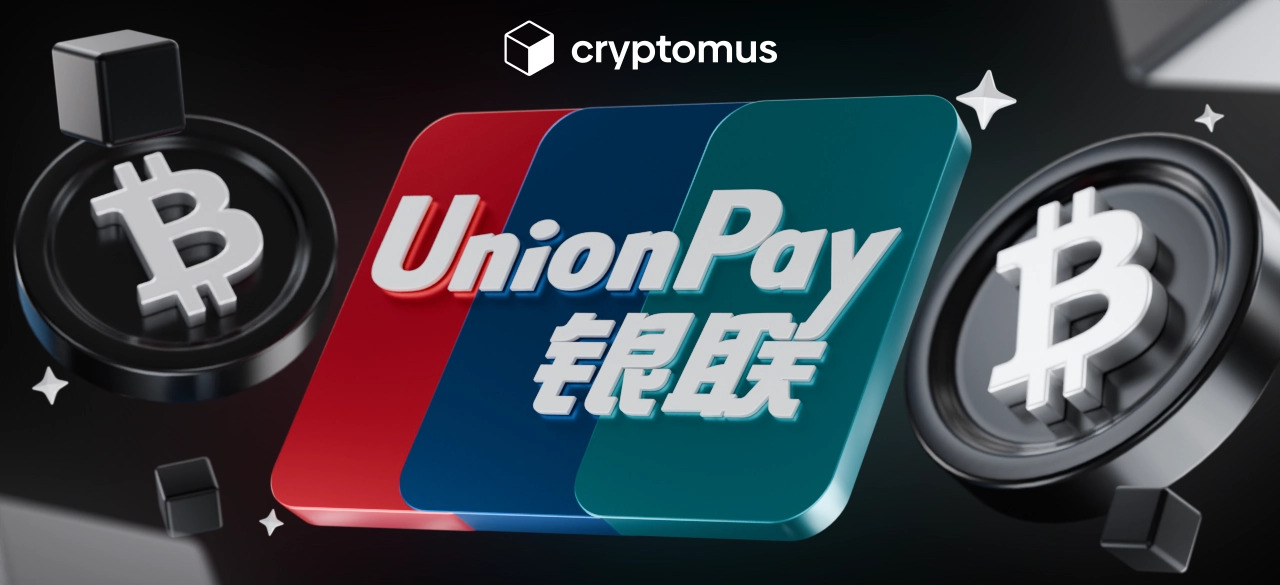
Centralized Exchanges (CEX) คืออะไร และทำงานอย่างไร?
สารบัญ
นักเทรดคริปโตมักใช้งานแพลตฟอร์มที่แตกต่างกันไป ขึ้นอยู่กับกลยุทธ์และเป้าหมายทางการเงินของแต่ละคน วันนี้เราจะมาพูดถึง Centralized Exchanges (CEXs) หรือ กระดานเทรดแบบรวมศูนย์ เพื่อหาคำตอบว่า มันคืออะไร ทำงานอย่างไร และเหมาะที่จะใช้สำหรับการเทรดคริปโตหรือไม่
Centralized Exchange คืออะไร?
Centralized Exchange (CEX) คือแพลตฟอร์มดิจิทัลที่ผู้ใช้สามารถซื้อ ขาย และเทรดคริปโตได้ หรือพูดง่าย ๆ คือ CEX ทำหน้าที่เป็น ตัวกลาง ที่อำนวยความสะดวกในการทำธุรกรรม โดยมีบริษัทหรือองค์กรเป็นผู้ดูแลการทำงาน จัดเก็บสินทรัพย์ของผู้ใช้ รักษา order book และสร้างสภาพคล่องด้วยการจับคู่คำสั่งซื้อขาย
CEX มักให้บริการคู่เทรดจำนวนมาก มีเครื่องมือขั้นสูง และการสนับสนุนลูกค้า ทำให้เป็นที่นิยมทั้งในหมู่มือใหม่และนักเทรดที่มีประสบการณ์ อย่างไรก็ตาม มันก็มาพร้อมความเสี่ยง เช่น การถูกแฮ็ก การถูกตรวจสอบจากหน่วยงานกำกับดูแล และการที่แพลตฟอร์มอาจกลายเป็นจุดล้มเหลวเพียงจุดเดียว จึงทำให้ผู้ใช้บางส่วนเลือก DEX เพื่อให้มีการควบคุมสินทรัพย์ด้วยตนเองมากกว่า
CEX ทำงานอย่างไร?
เพื่อเข้าใจกลไกของ CEX มาลองดูองค์ประกอบหลัก ๆ กัน:
- การสร้างบัญชีและการยืนยันตัวตน: ผู้ใช้ต้องลงทะเบียน กรอกอีเมลและรหัสผ่าน จากนั้นส่วนใหญ่ต้องทำ KYC (Know Your Customer) เช่น อัปโหลดเอกสารยืนยันตัวตน เมื่อเสร็จสิ้นก็สามารถฝากเงินหรือคริปโตเข้าไปได้
- การส่งคำสั่งและการจับคู่: ผู้ใช้สามารถตั้งคำสั่งซื้อขายแบบ market (ซื้อขายทันทีตามราคาปัจจุบัน) หรือ limit order (ซื้อขายเมื่อถึงราคาที่ตั้งไว้) ระบบ Matching Engine จะจับคู่คำสั่งโดยอัตโนมัติ
- การเก็บรักษาและความปลอดภัย: CEX จะถือสินทรัพย์ของผู้ใช้ในกระเป๋าของแพลตฟอร์ม โดยใช้มาตรการรักษาความปลอดภัย เช่น การเข้ารหัส, 2FA และการตรวจสอบระบบเป็นประจำ
- ฟีเจอร์และเครื่องมือการเทรด: นอกจากการเทรดแบบทั่วไป ยังมี P2P trading, staking, กราฟวิเคราะห์ และเครื่องมือทางเทคนิค
- ค่าธรรมเนียมและรายได้: CEX มีรายได้จากค่าคอมมิชชั่นการเทรด ค่าถอนเงิน ค่าลิสต์เหรียญใหม่ และบริการเพิ่มเติม เช่น margin trading
การลิสต์บน CEX ก็เป็นอีกปัจจัยสำคัญ เพราะไม่ใช่ทุกเหรียญที่จะถูกเทรดบนกระดานรวมศูนย์ได้ การลิสต์เหรียญบน CEX ช่วยเพิ่มการเข้าถึง ความโปร่งใส และสภาพคล่องให้กับโปรเจกต์บล็อกเชน
ข้อดีและข้อเสียของ CEX
ข้อดี
- ใช้งานง่าย – อินเทอร์เฟซเข้าใจง่าย มีคู่มือและฝ่ายสนับสนุนลูกค้า
- สภาพคล่องสูง – มีผู้ใช้จำนวนมาก ทำให้จับคู่คำสั่งได้เร็ว
- คู่เทรดจำนวนมาก – เลือกเทรดได้หลายเหรียญ รวมถึงโทเค็นใหม่ ๆ
- ฟีเจอร์ขั้นสูง – เช่น margin trading, leverage, กราฟเทคนิค
- มาตรการรักษาความปลอดภัย – ใช้ cold wallet, 2FA และบางแห่งมีเงินประกัน
- ปฏิบัติตามกฎระเบียบ – ผ่าน KYC/AML และบางแพลตฟอร์ม เช่น Cryptomus ผ่านการตรวจสอบจาก CERTIC
ข้อเสีย
- การฝากสินทรัพย์ไว้กับคนกลาง – ผู้ใช้เสียการควบคุมสินทรัพย์โดยตรง
- เสี่ยงถูกแฮ็ก – เพราะถือสินทรัพย์รวมไว้จำนวนมาก
- อ่อนไหวต่อกฎระเบียบ – อาจถูกปิดหรือจำกัดโดยหน่วยงานรัฐ
- ค่าธรรมเนียมสูง – ทั้งค่าซื้อขาย ถอนเงิน หรือค่าบริการอื่น ๆ
- ปัญหาทางเทคนิค – เช่น downtime หรือระบบล่มช่วงตลาดผันผวน

CEX VS DEX
| Exchange | คุณลักษณะ | |
|---|---|---|
| CEX | คุณลักษณะฝากเงินกับแพลตฟอร์ม, เสี่ยงแฮ็กสูงกว่า, สภาพคล่องมาก, อินเทอร์เฟซใช้งานง่าย, ต้องทำ KYC/AML, ค่าธรรมเนียมหลากหลาย, เทรดเร็ว, มีฟีเจอร์ขั้นสูง, เสี่ยงจากการจัดการของแพลตฟอร์ม | |
| DEX | คุณลักษณะผู้ใช้ควบคุมสินทรัพย์เอง, ความปลอดภัยสูงกว่า, สภาพคล่องต่ำกว่า, อินเทอร์เฟซซับซ้อน, ความเป็นส่วนตัวสูง, ค่าธรรมเนียมต่ำกว่า, เทรดช้ากว่า, ฟีเจอร์จำกัด, ไม่มีการค้ำประกัน, ขึ้นอยู่กับชุมชนในการพัฒนา |
เลือก CEX ถ้าคุณ:
- ต้องการอินเทอร์เฟซใช้งานง่าย
- ต้องการสภาพคล่องสูง
- ให้ความสำคัญกับเครื่องมือเทรดและการสนับสนุนลูกค้า
- ยอมรับการทำ KYC
เลือก DEX ถ้าคุณ:
- ต้องการควบคุมสินทรัพย์เอง 100%
- ให้ความสำคัญกับความเป็นส่วนตัว
- สะดวกที่จะดูแล private key เอง
- ต้องการลดความเสี่ยงจากการรวมศูนย์
FAQ
- Binance เป็น CEX หรือ DEX? → Binance เป็น CEX แต่ก็มีบริการ DEX ภายใต้ ecosystem
- Coinbase เป็น CEX หรือ DEX? → Coinbase เป็น CEX ที่ใช้งานง่ายและมีชื่อเสียง
- Uniswap เป็น CEX หรือ DEX? → Uniswap เป็น DEX ชั้นนำในโลก DeFi
- Bybit เป็น CEX หรือ DEX? → Bybit เป็น CEX ที่เน้นอนุพันธ์ เช่น perpetual contracts
- Trust Wallet เป็น CEX หรือ DEX? → ไม่ใช่ทั้งสอง แต่เป็นกระเป๋า non-custodial ที่ผู้ใช้ควบคุมสินทรัพย์เอง
ทำให้การเดินทางสู่ Crypto ของคุณง่ายขึ้น
อยากเก็บ ส่ง รับ เดิมพัน หรือซื้อขายคริปโทเคอร์เรนซีใช่ไหม? Cryptomus ทำได้ทุกอย่าง — สมัครและจัดการกองทุนคริปโทเคอร์เรนซีของคุณด้วยเครื่องมืออันแสนสะดวกของเรา
เริ่มต้นใช้งาน



